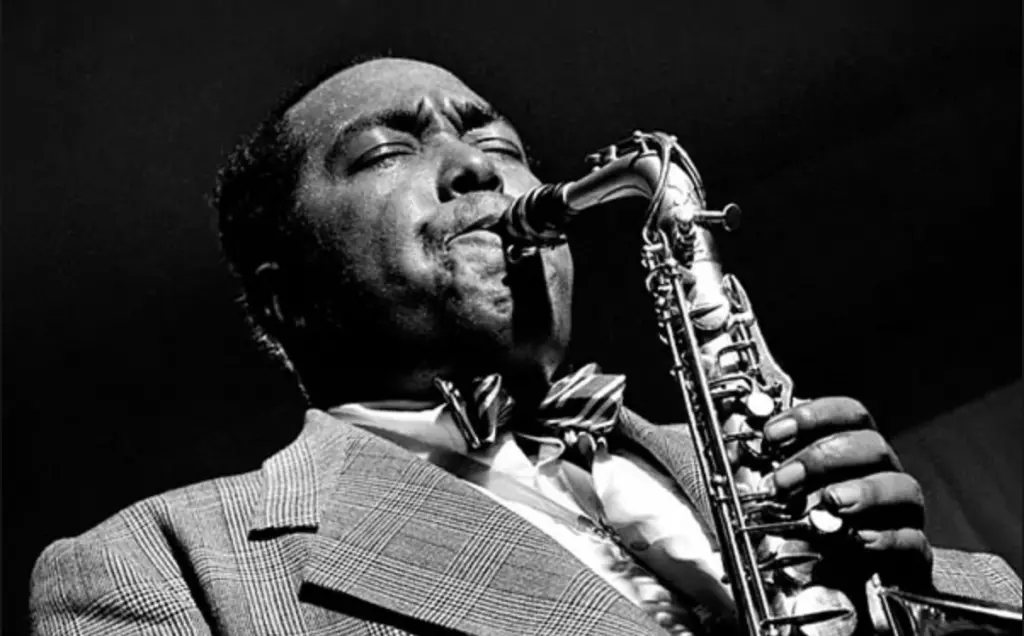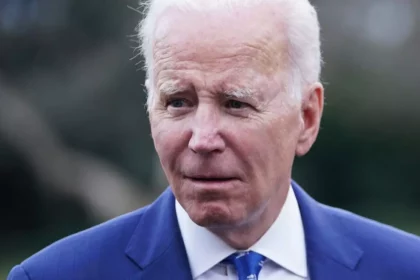On Thursday, one of the greatest and most legendary jazz saxophonists, Wayne Shorter, died in Los Angeles at the age of 89. A renowned figure on the jazz circuit in the late 1950s. Wayne Shorter is praised for shaping much of 20th Century jazz music.
Shorter, the 12-time Grammy award winner played alongside several legends, including Miles Davis, Carlos Santana, and Herbie Hancock. As confirmed by his publicist, Shorter died surrounded by his family on Thursday.
Tributes that flowed in from social media shared a mutual emotion. In the 1950s, he played with the Jazz Messengers among the likes of Blakey, Lee Morgan, and Freddie Hubbard, ultimately becoming the group’s musical director.
In 1964 he was plunged away after several tries by jazz legend Miles Davis to become part of Davis’ First Great Quintet. It was there he played alongside the prolific pianist Hancock. Shorter had also released solo albums as early as 1959, including the acclaimed Speak No Evil, Night Dreamer, and JuJu.
Solo albums gave him more innovative freedom. He started merging jazz with rock and Latin music, birthing the sounds admired in his next musical group Weather Report.
Counting funk and R&B grooves, in 1977 Shorter’s Heavy Weather album moved platinum and achieved the US top 30 charts. He also played with the Rolling Stones that year on their album Brides to Babylon.
He reunited with Davis – as well as Hubbard and Hancock – in the Second Great Quartet in the late 70s and recorded the 1994 Grammy-winning album A Tribute to Miles, following Davis’ death.
Wayne Shorter was born in Newark, New Jersey, in 1933, and initially played the clarinet at age 15. Soon after he moved on to tenor and soprano on saxophone and studied music at university before spending two years in the US Army. Among the dozen Grammy awards he won, Shorter received a Lifetime Achievement award in 2015.




